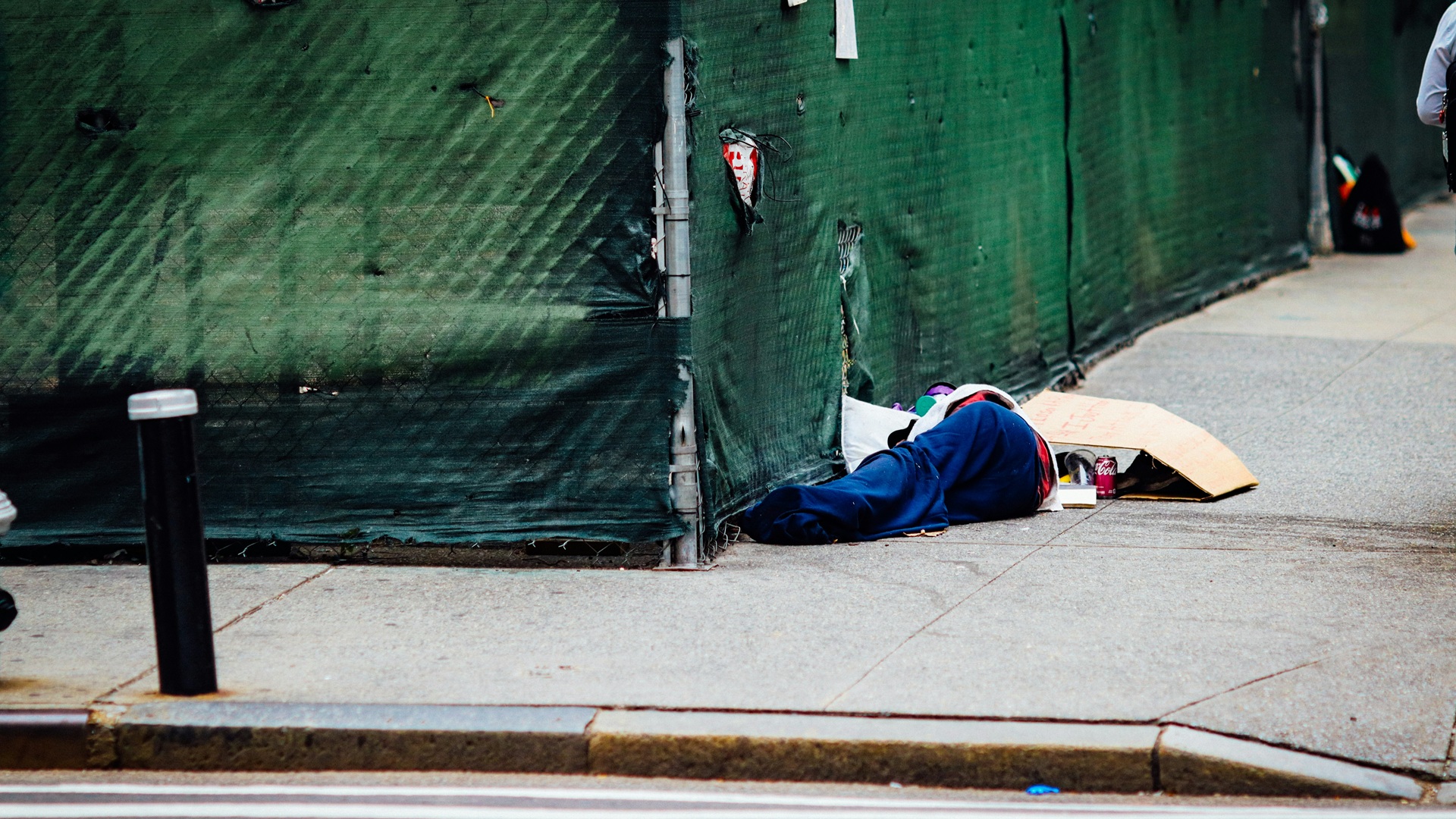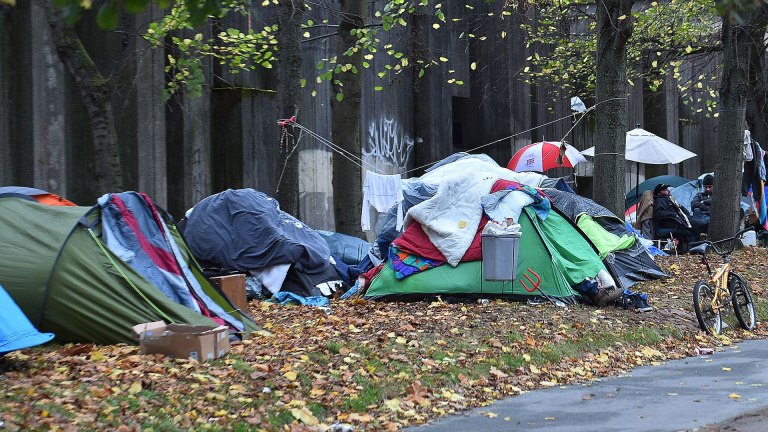“People rough sleeping deserve our compassion and support. The government must prioritise repealing the Vagrancy Act and take action to do so immediately. While we welcome the government’s work on creating a strategy on homelessness and long-term plan on housing, we don’t need this to tell us the Vagrancy Act must go.”
It was former housing secretary Robert Jenrick who announced the Vagrancy Act would be scrapped back in February 2021.
“It is my opinion that the Vagrancy Act should be repealed. It is an antiquated piece of legislation whose time has been and gone,” Jenrick told the House of Commons at the time.
“We should consider carefully whether better, more modern legislation could be introduced to preserve some aspects of it, but the act itself, I think, should be consigned to history.”
The Tory government’s protest crackdown act – the Police, Crime, Sentencing and Courts Act 2022 – laid the groundwork for the legislation to finally be scrapped for good. But it will only finally be consigned to the past when it is replaced.
Ministers consulted on what should replace the act, with most frontline homelessness organisations arguing that police already had powers to deal with anti-social behaviour on the streets without leaving rough sleepers facing criminal sanctions.
Advertising helps fund Big Issue’s mission to end poverty
Campaigners argue that existing legislation for aggressive begging and anti-social behaviour under the Anti-social Behaviour, Crime and Policing Act 2014 is sufficient.
The Vagrancy Act, as it stands, gives police the power to take action over “idle and disorderly behaviour”, encompassing a wide range of actions including prostitution, begging and rough sleeping.
That means people can face prosecution or even a £1,000 fine for being caught rough sleeping.
Nearly 3,000 people have faced action under the act since 2021, according to freedom of information requests submitted by the Liberal Democrats in June last year.
The figures showed the use of the powers has declined with 1,350 offences in 2021, down to 885 in 2022 and 712 in 2023.
Further research from Amnesty International UK at the end of 2024 found the Vagrancy Act was being used inconsistently across the country with 17 of 43 police forces choosing not to use it at all in the last year at all.
Advertising helps fund Big Issue’s mission to end poverty
Jen Clark, economic and social rights lead at Amnesty International UK, said: “Despite parliament voting for this antiquated law to be repealed in 2022, we’re still waiting for new laws to replace it, even in the face of escalating numbers of people experiencing dangerous rough sleeping.
“The UK government is right to say ‘no one should be criminalised for simply sleeping rough on the streets’, but it’s entirely wrong to further criminalise this vulnerable group of people.”
The Conservative government did propose a replacement under the controversial Criminal Justice Bill. The draft legislation, which failed to pass before the Tories were booted out of power, attracted criticism for proposing powers for police to take action over “excessive smells”.
The Labour government has yet to set a date for the Vagrancy Act to be scrapped. Speaking in the Commons in December 2024, leader of the house Lucy Powell promised an update in parliament “at the earliest opportunity”.
“The 200-year-old Vagrancy Act is outdated and needs to be repealed. One thousand days after parliament voted to do just that, we shouldn’t still be waiting for it to become a reality,” said Crisis’ Downie.
“Rough sleeping remains the most dangerous form of homelessness. The latest figures show that nearly 5,000 people were seen sleeping rough in London from July to September last year.”
Advertising helps fund Big Issue’s mission to end poverty
Marking the 1,000 day anniversary, Baroness Alicia Kennedy, the former director of Generation Rent, urged ministers to start the repeal process immediately with a question in the House of Lords.
Speaking on behalf of the government, Baroness Sharon Taylor said in response: “The government views the Vagrancy Act of 1824 as antiquated, cruel and no longer fit for purpose. No one should be criminalised for sleeping rough on the streets.
“I share her person to ensure it gets consigned to history where it belongs. We want to ensure we avoid criminalising those who are most vulnerable while also ensuring the police and local authorities have the tools they need to make sure communities feel safe.”
Meanwhile, the Labour government promised action to support people on the streets over the winter with homelessness minister Rushanara Ali tripling funding for rough sleepers to £30m.
Ali said: “This cash will go even further to support frontline workers who provide life-changing services on the ground.”
Do you have a story to tell or opinions to share about this? Get in touch and tell us more. Big Issue exists to give homeless and marginalised people the opportunity to earn an income. To support our work buy a copy of the magazine or get the app from the App Store or Google Play.
Advertising helps fund Big Issue’s mission to end poverty





